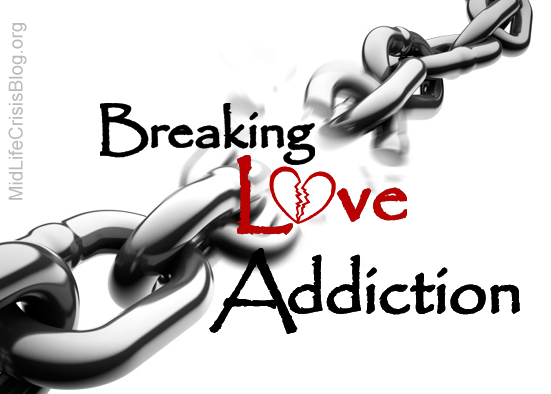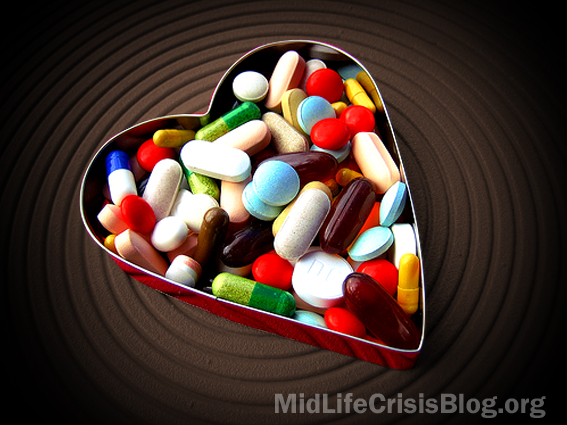Exercise Makes You Less Anxious
 Next time you slip into your track shoes and head out the gate for a run, you can take heart. You are not only burning off unwanted calories, you are also growing new brain cells that help you keep calm under stress.
Next time you slip into your track shoes and head out the gate for a run, you can take heart. You are not only burning off unwanted calories, you are also growing new brain cells that help you keep calm under stress.
New research is showing that the ‘positive stress’ of aerobic exercise remodels the brain, creating neurons in active animals that remain calm when more slothful creatures get anxious.
So far, the research has all been done on rats. But researchers are confident the human brain is likely to respond in a similar way.
New Brain Cells From Running
You may not feel a magical reduction of stress after your first jog, if you haven’t been exercising. But the molecular biochemical changes will happen if you keep exercising, says Dr. Benjamin Greenwood, a research associate in the Department of Integrative Physiology at the University of Colorado says.
In one Princeton University experiment reported in the New York Times scientists found rats had created, through running, a brain that seemed biochemically, molecularly, calm.
The scientists noted the “cells born from running,” appeared to have been “specifically buffered from exposure to a stressful experience.”
Anxiety in rodents and people has been linked with excessive oxidative stress, which can lead to cell death, including in the brain.
More Adventurous Attitude
In a University of Houston experiment rats who had exercised coped with unfamiliar surroundings much better than others, even when both groups were injected with chemicals that artificially raised stress levels.
When placed in the unfamiliar space, the exercised rats went out fearlessly exploring their new surroundings, while the unexercised rats ran into dark corners to hide.
“It looks more and more like the positive stress of exercise prepares cells and structures and pathways within the brain so that they’re more equipped to handle stress in other forms,” says Michael Hopkins, a graduate student affiliated with the Neurobiology of Learning and Memory Laboratory at Dartmouth, who has been studying how exercise differently affects thinking and emotion.
“It’s pretty amazing, really, that you can get this translation from the realm of purely physical stresses to the realm of psychological stressors.”
Won’t Happen Overnight
The stress-reducing changes wrought by exercise don’t happen overnight.
In the University of Colorado experiments, for instance, rats that ran for only three weeks did not show much reduction in stress-induced anxiety, but those that ran for at least six weeks did.
“Something happened between three and six weeks,” says Dr Greenwood, who helped conduct the experiments.
He says it is “not clear how that translates” into an exercise prescription for humans. We may require more weeks of working out, or maybe less. And no one has yet studied how intense the exercise needs to be. But the lesson, Dr. Greenwood says, is “don’t quit.”
Keep running or cycling or swimming. As Rachel Hunter says in the hair ad, “It won’t happen overnight, but it will happen.” Says Dr Greenwood: The molecular biochemical changes will begin, and eventually they become “profound.”



Reply